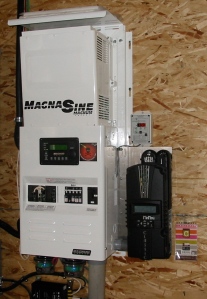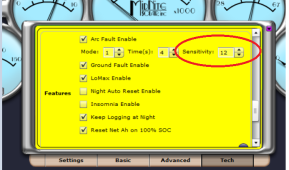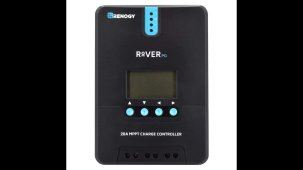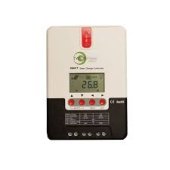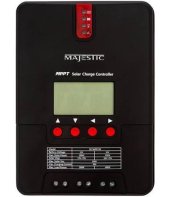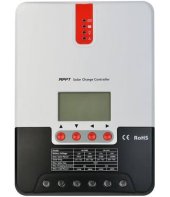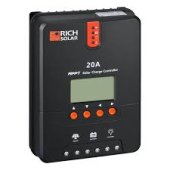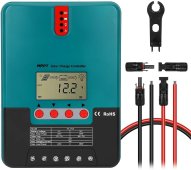In my opinion the cheaper products sold by renogy, powmr etc don't even come close to being in the same category as brands such as Morningstar, midnite, outback and victron to name a few, literally no comparison.
Most of those Chinese brands are as said above, just relabelled generic chargers. If you go onto a site like Alibaba and click on one of the first cheap controllers that show up and scroll down slightly, you'll see "Item Customisation" where a large company (such as renogy) can order thousands of quantities and the generic company will print their logo on the product, and then you the end user just pay a premium (compared to the bulk price) for the name but still receive a subpar product.
Which if your just toying around will small systems for basic tasks or just experimenting that's fine, you may not want to spend $$$ on a non critical system.
That brings me to the good stuff though, when your system is actually serving a critical purpose such as whole house power, marine setups, grid tied system, why would you possibly want to cheap out? A critical system failure in some of these scenarios could be dire. Another point is safety, is your setup (whether big or small) being run in your house? Do you trust a cheaply mass produced product which has the ability to cause serious fire risk to operate 24/7 when you and your family sleep?
I can't personally speak for midnite and outback other than their obviously great reputation, I have no doubt they are top tier equipment. What I can speak for is Morningstar and Victron. My Victron products (inverter/charger, bmv, CCGX) are around 10 years old now and have run 24/7 FLAWLESSLY. Never let me down and they don't have an easy life, I push the inverter to and over it's limits often. Would a Chinese hybrid inverter be able to do that..? I don't know, they haven't been around all that long but the amount of posts about their faults doesn't make me believe they would, but I'll happily be proved wrong.
My Morningstar is only a couple years old, it's a 60a MPPT. Again, faultless. These are products I know I could go on holiday for a month and come back to a perfectly working system (I'm completely off grid) I don't worry about them, I don't have to check up on them, and the lights never go out.
I've never had to contact Morningstar customer service, but I've heard brilliant things about them, take a look at another post on this forum -
"My primary TS-45 had 113,496 hours on the job, and had been through two sets of deep cycle batteries. That is just under 13 years of service. The backup was only in service for a short period, and I really don't know what happened to it to make it fault. Both units were long out of warranty. The fact that Pete replaced either one is amazing to me, but he decided to get me fully back in service by replacing both!"
A rare occurrence of a failure on 13 year old units well out of warranty, and the company didn't even hesitate to send out new units at their own cost, now I'm not saying they'll do that for everyone! But as an example you just can't fault the service.
Moral of the story is.. in my opinion, if your just getting into solar and don't want to spend big bucks the cheaper Chinese stuff may be for you, it's a learning curve.
If your serious about a system, and want it to last, and particularly if it's inside of your house, or your need to rely on the system for critical loads, don't cheap out.



